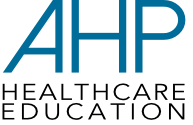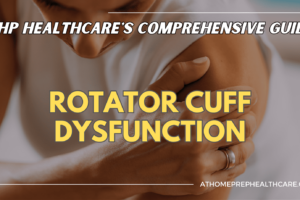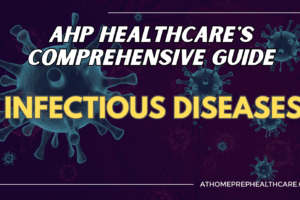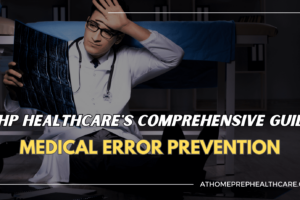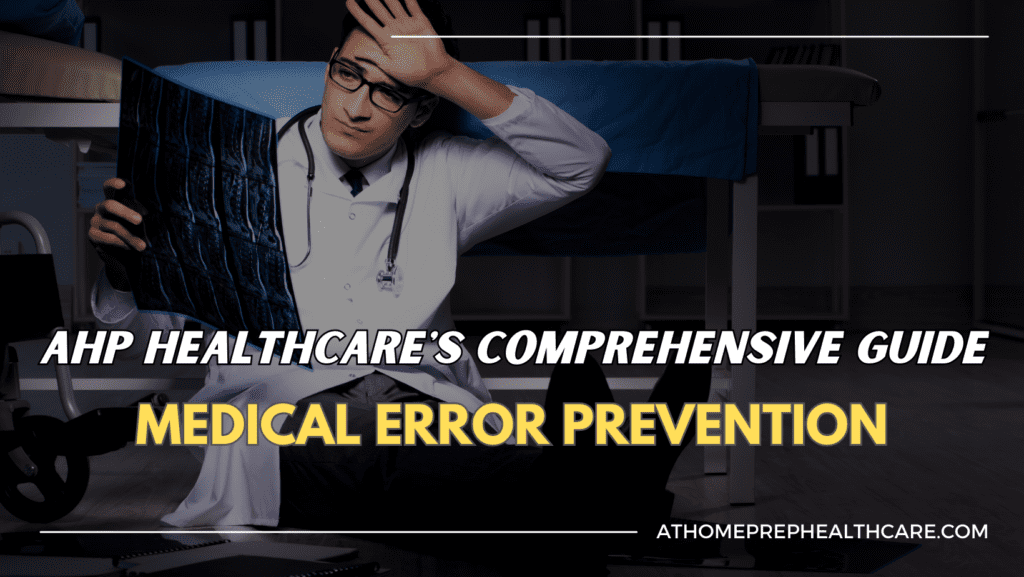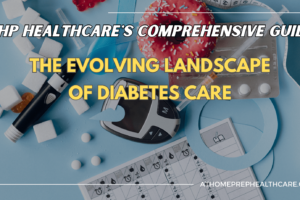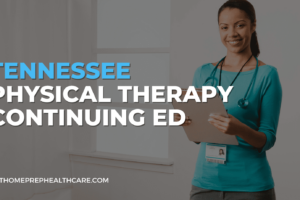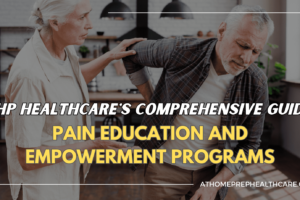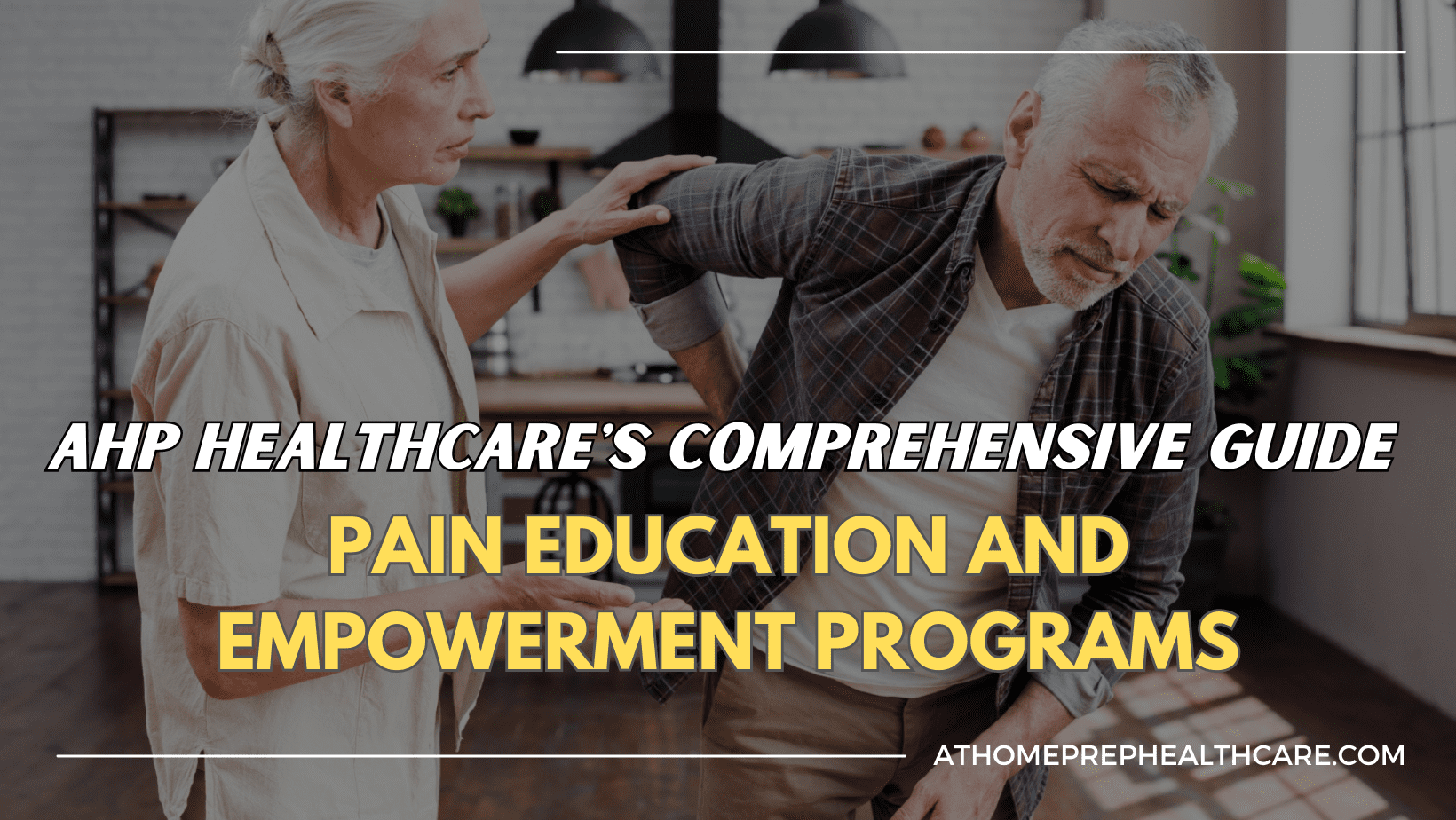Mastering Phlebotomy: Your Path to Success Begins Here!
Are you considering a career in phlebotomy? Or perhaps you’re already in the field and looking to advance your skills and knowledge? Look no further than AHP Healthcare’s comprehensive Phlebotomy courses and materials. Whether you’re preparing for certification exams or seeking to enhance your proficiency in blood collection techniques, our SUCCESS! in Phlebotomy: A Q&A Review is the ultimate resource to help you achieve your goals.
Read More
